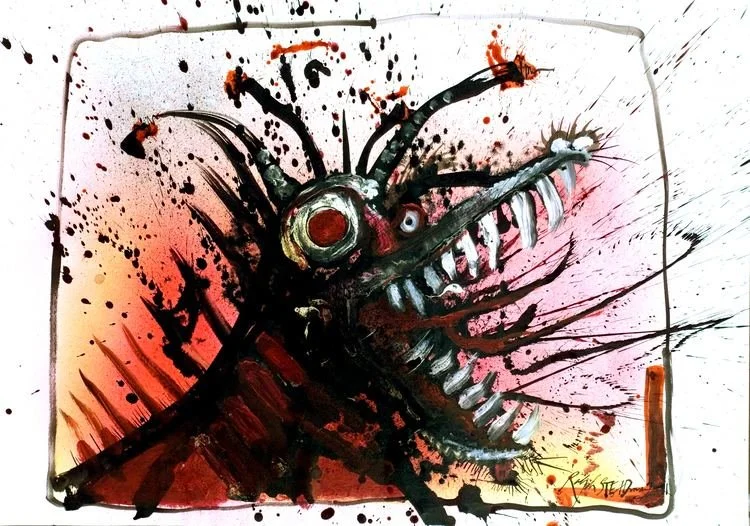Interview with "Snack Shack" Director Adam Rehmeier
Recently, I had to issue a formal apology to my friends because I realized that instead of listening to them, I was generally just waiting for a chance to bring up the movie Snack Shack. This was my dominant personality trait last summer. People keep asking me what I love about it so much, and honestly, articulating feelings about art is ironic torture. But here’s my best shot.
Snack Shack is a film about a kid growing up in rural Nebraska engaging in hijinks, romance, entrepreneurship and most of all—brotherhood. I was lucky enough to chat with the kid himself.
Directed by Adam Rehmeier, the film is largely autobiographical. His dad was actually a judge, and Adam actually got away with all the antics depicted in the film. I asked him what that was like.
“The operative word was to not get caught. You had to run faster and hide quicker if you’re the judge’s son. Had to escape the cops on foot etc. If a party got busted you definitely didn’t want it to get back to your dad and be a bad reflection. There are judge’s sons and preacher’s daughters. It was more of an innocent excitement than anything else.”
That nostalgic, blissful inability to think beyond tomorrow, or the consequences of one’s actions is the melody of the film. It’s an intoxicating and all too familiar way of being, that we grow out of—for better or worse. Snack Shack captures that innocence with a lot of heart.
All romances have their fair share of turbulence, but there’s something about the clumsiness of the first one that makes it unforgettable and raw. The protagonist stumbles through this universal teenage milestone with tenderness and restraint. You can practically see lightning strike with every interaction between A.J. and his crush, Brooke. Rehmeier let us in on how her character came to be.
“You have like a girl that comes to town that you've never seen before. Every guy is all over that, like trying to make a move. So you're one of a dozen guys that are all trying to make a move. Any little bit of excitement that comes to town would always be a big deal. You're like,’Oh my God, did you see so and so cousin she's totally hot’. Brooke is more of an amalgamation of a lot of girls I knew. She's not a specific girl. I pulled from all the girls I dated or didn't date.”
The inevitable battle for the girl is there, sure. But what’s refreshing is how moments of softness slip in between the fistfights and verbal jabs. The emotions were complex. While there are a ton of unspoken hard feelings, because of their strong kinship, their actual friendship never seems to be completely at risk.
“My best friend and I were running the concession stand and it’s like having someone's cousin come to town and then you're kind of fighting over the cousin with your best friend and one of you wins and one of you doesn't. I mean, I've been on the winning side and the losing side.”
Snack Shack reminds us how invaluable these early relationships are, how massive everything feels when you’re young. Every decision is life-or-death. Every friendship is sacred. Every night is an epic waiting to be written.
“Whether you're a guy or you're a girl, your first allegiance at that age is to your best friend and it's sort of like an exploration of those proteo-relationships that build into real relationships. I remember being at that age and having to pick between the girl or my best friends. Like what we were going to do on Saturday night, and they’re like, ‘let's go get sloppy and walk up and down Main Street’. But I had already spoken to the girl about going to the movies or something. So you have to make those choices and maybe you say you don't feel like it. You don't feel that good or whatever, and then you get caught coming out of the theater. I just thought that was enduring and tender. The space to have a story where it's not so cut and paste.”
Inevitably, we find ourselves partnering up and putting our significant others before our friends, on occasion. For whatever reason, I find that while for my parents, this shift came in their 20s—with my generation, it’s a little delayed. Rehmeier concurs.
“Yeah, delayed. Even the way that insurance companies are able to keep kids on until they're 26 is a really good indicator. It's like you get out of school and you can't afford anything. Everything is so expensive, healthcare is expensive, like apartments and rent and everything is through the roof. So it's not a culture that is designed for people to necessarily leave their parents' web.”
That’s the thing. Am I still coming of age? Probably. What’s it feel like? Summer, solace and Snack Shack.
The dynamics in this film might not be so different from your life right now.—Karina Chahal




